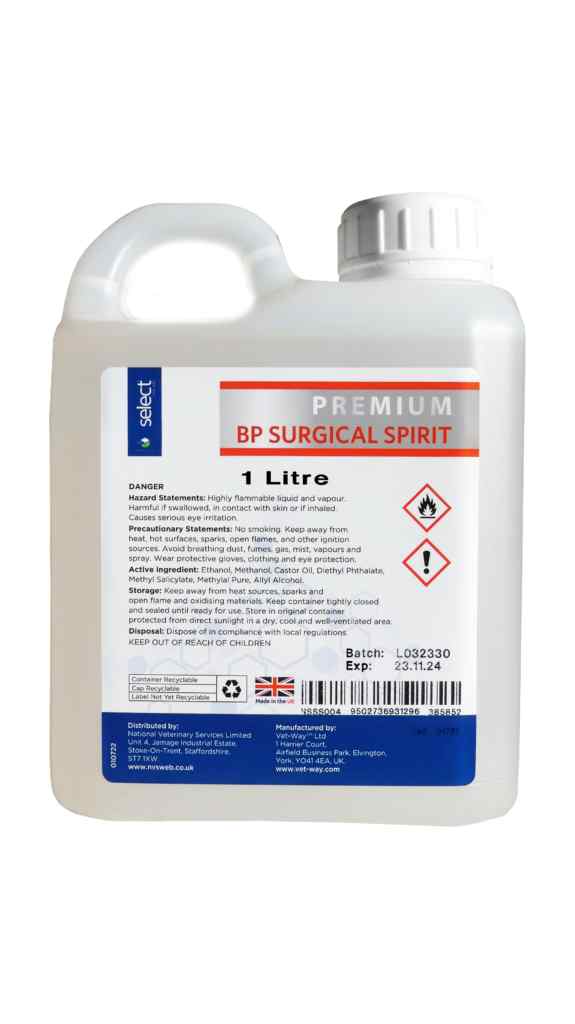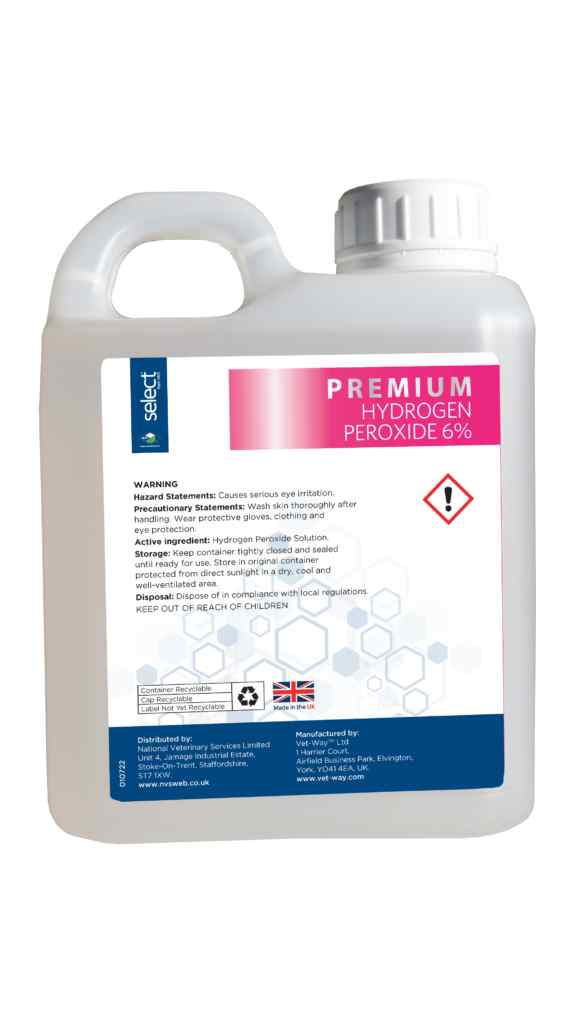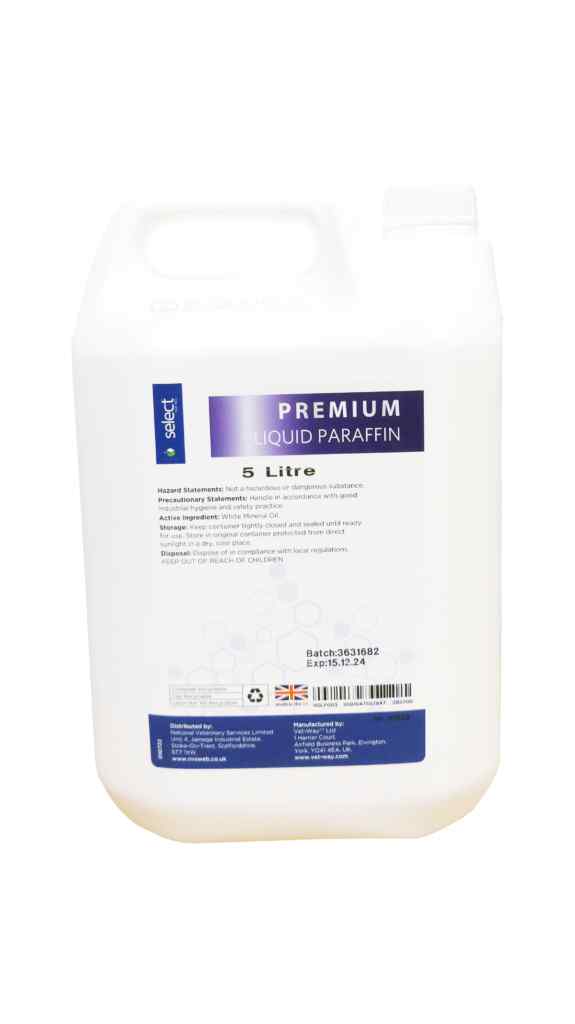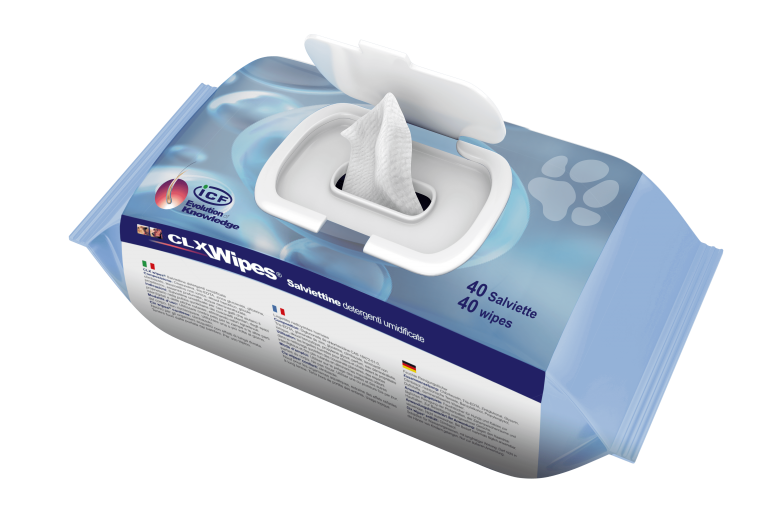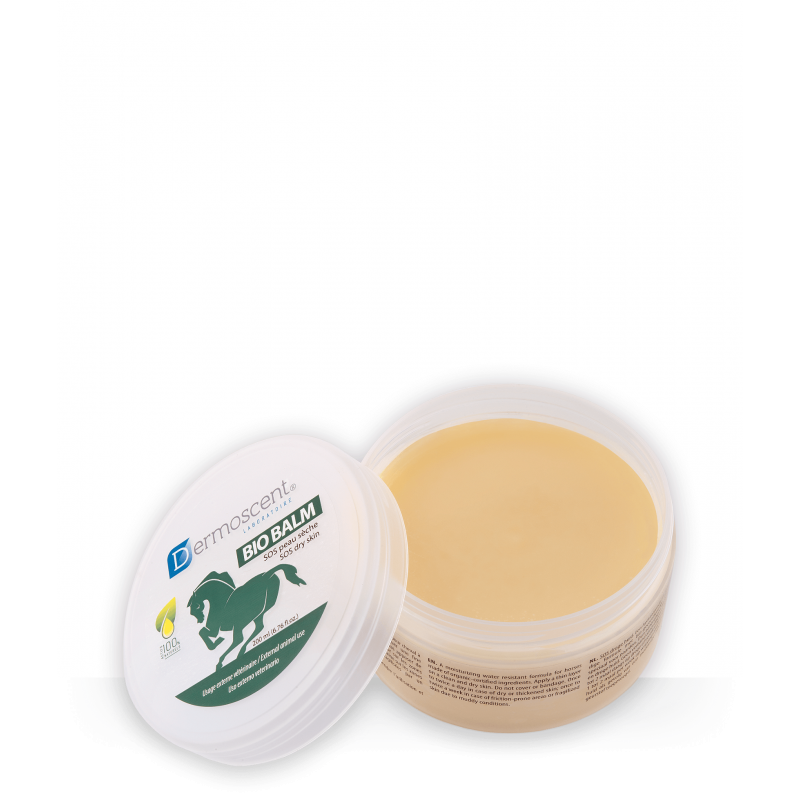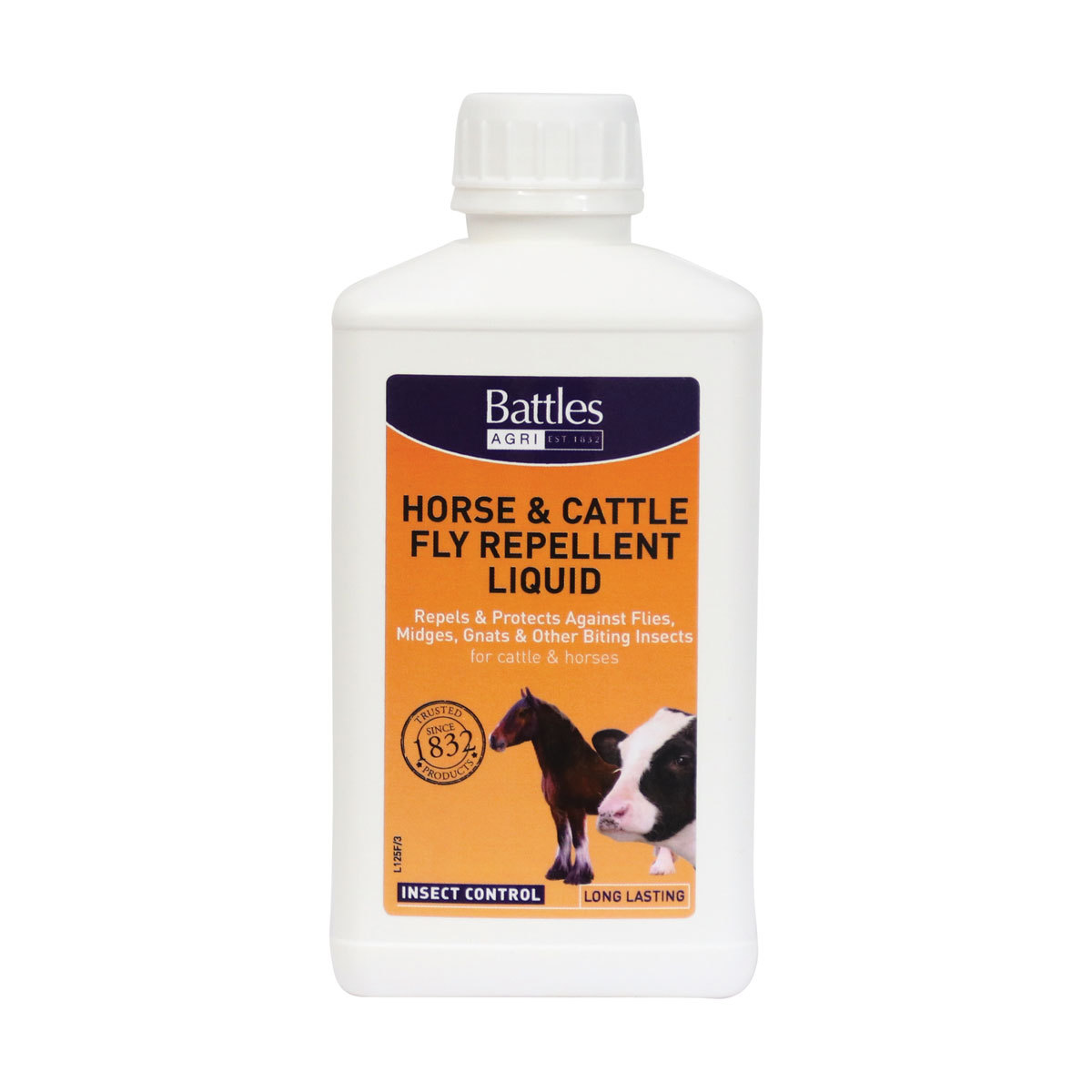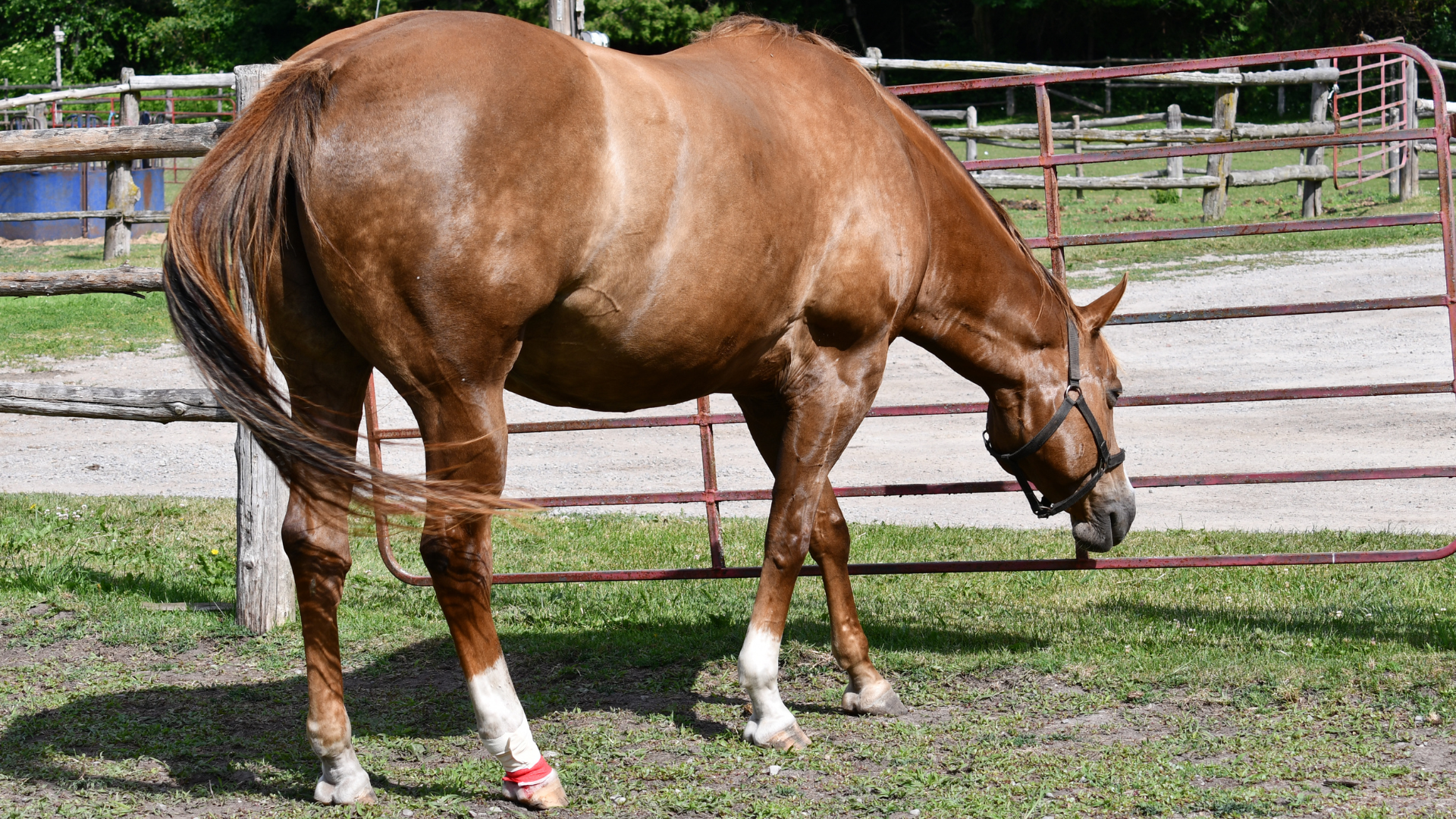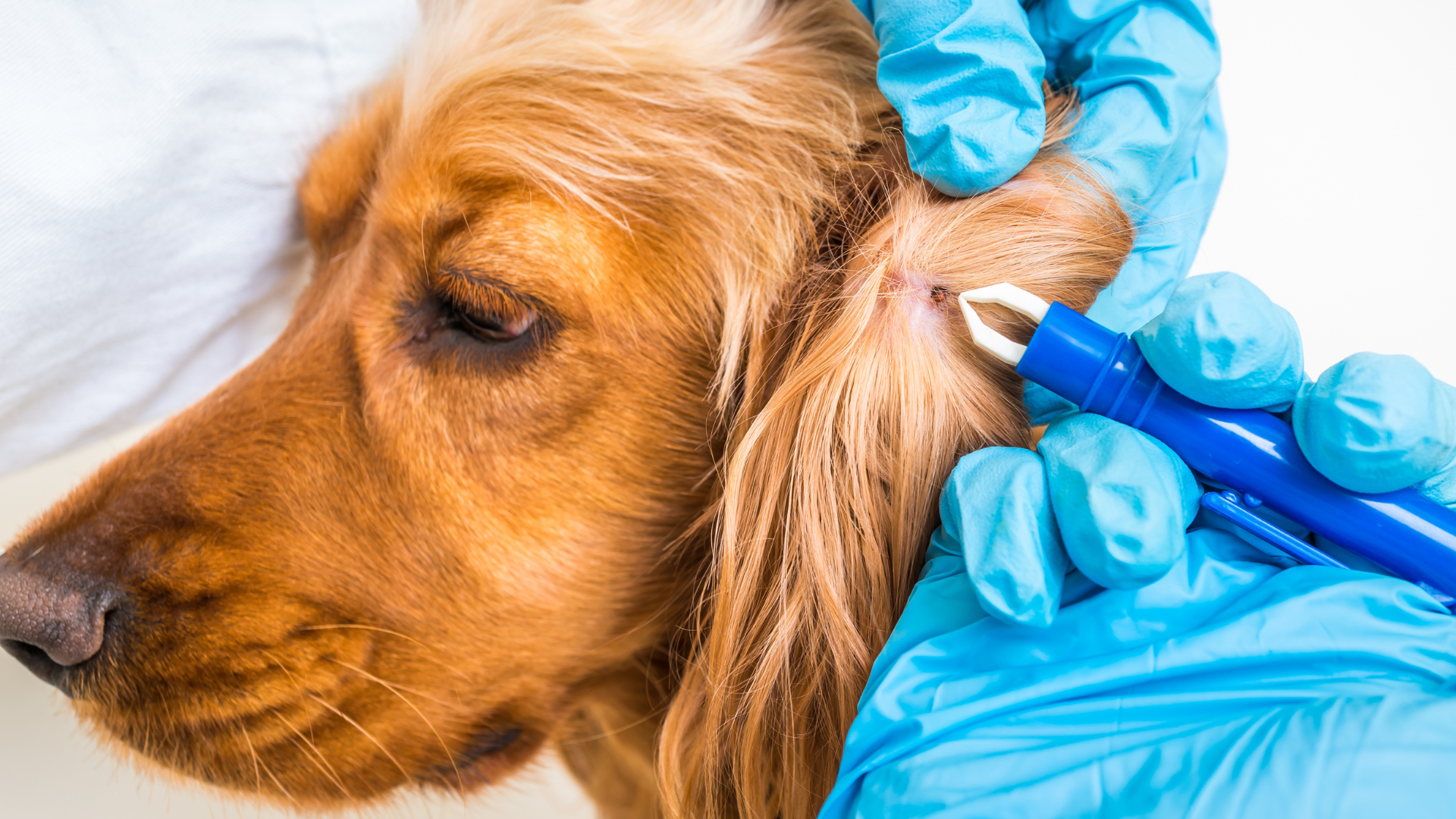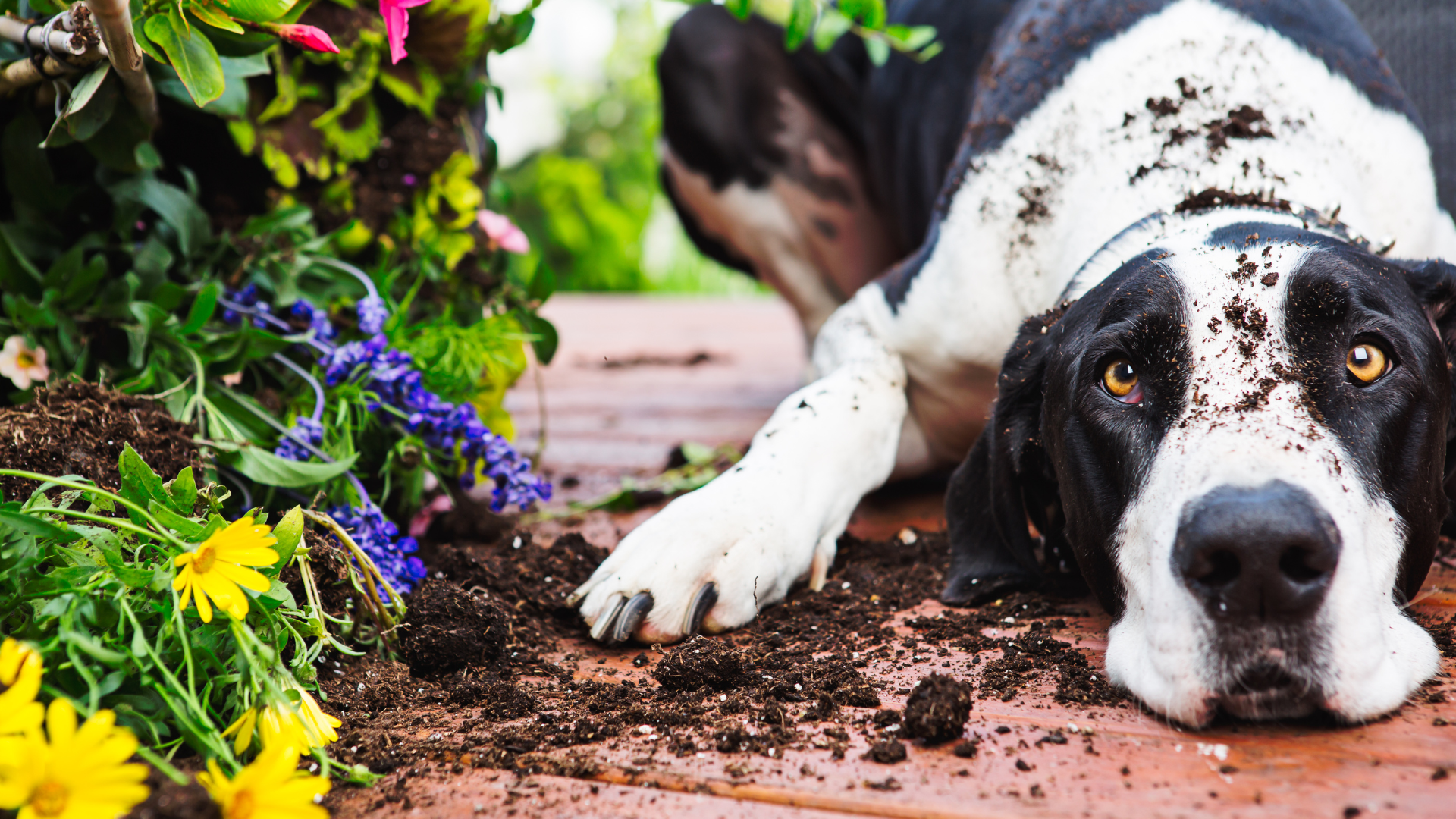
The warm, wetter weather of spring and summer makes horses much more susceptible to a number of skin conditions. From insect bites to pollen allergies and dermatitis, springtime can bring a host of challenges for keeping horses’ skin healthy and comfortable.
We’ve explored the most common skin issues that horses face in the spring and focused on some of the key products which can be used to help prevent and treat them.
Sweet itch
Sweet itch is the most common allergic skin condition in horses. You may also know it as summer seasonal recurrent dermatitis or equine insect bite hypersensitivity. Whichever name you prefer, it’s caused by an allergic reaction to the protein in the saliva of the biting midges (Culicoides) and the intense itching, hair loss and scabbing that it causes can significantly affect a horse’s quality of life.
We have products that can help with both treatment and prevention:
Keep the biting insects at bay – proven successful techniques include the use of protective clothing, stabling during peak insect activity periods and fly repellents, such as Battles Horse & Cattle Fly Repellent Liquid, which contains DEET and the natural fly repellent PMD.
Treat the skin – soothing lotions such as Kela’s Pea-Derm Cream, which contains palmitoylethanolamide, panthenol and bisabolo, can help to relieve itching and reduce inflammation.
Mud fever & rain scald
Crusty scabs or lesions on a horse’s back, neck or rump, could be a sign of rain scald, also known as dermatophilosis, which is caused by the bacterium Dermatophilus congolensis. If the infection is localised to the lower legs, particularly the pasterns, then it’s known as Mud Fever or Pastern Dermatitis.
We have products that can help with treating the skin and disinfecting to prevent re-infection:
Cleansing the skin – CLX Wipes are easy-to-use wet wipes for daily cleansing. They contain Chlorhexidine, Tris EDTA and Climbazole for an effective antibacterial and antifungal action. Whilst Zinc Gluconate, Lanolin and Propylene Glycol help moisturise the skin and reduce redness and itch.
Disinfection – our Select from NVS Premium Surgical Spirit is a great option for ensuring that any equipment, tack, or grooming kit can be properly disinfected to prevent re-infection.
Pollen & environmental allergies
Just like us, horses can develop pollen allergies in the warm spring weather when various plants start to bloom. This can cause respiratory issues, but it can also cause atopic dermatitis with symptoms including hives and itching, predominantly on the face, armpit or groin.
Read more about the clinical signs and diagnosis of atopic dermatitis in this article by NationWide Laboratories.
What about allergy testing? Stacey Newton Head of pathology at NationWide Laboratories explains how allergy testing is a useful tool that should only be performed when a diagnosis of allergic disease has been made. Read more
